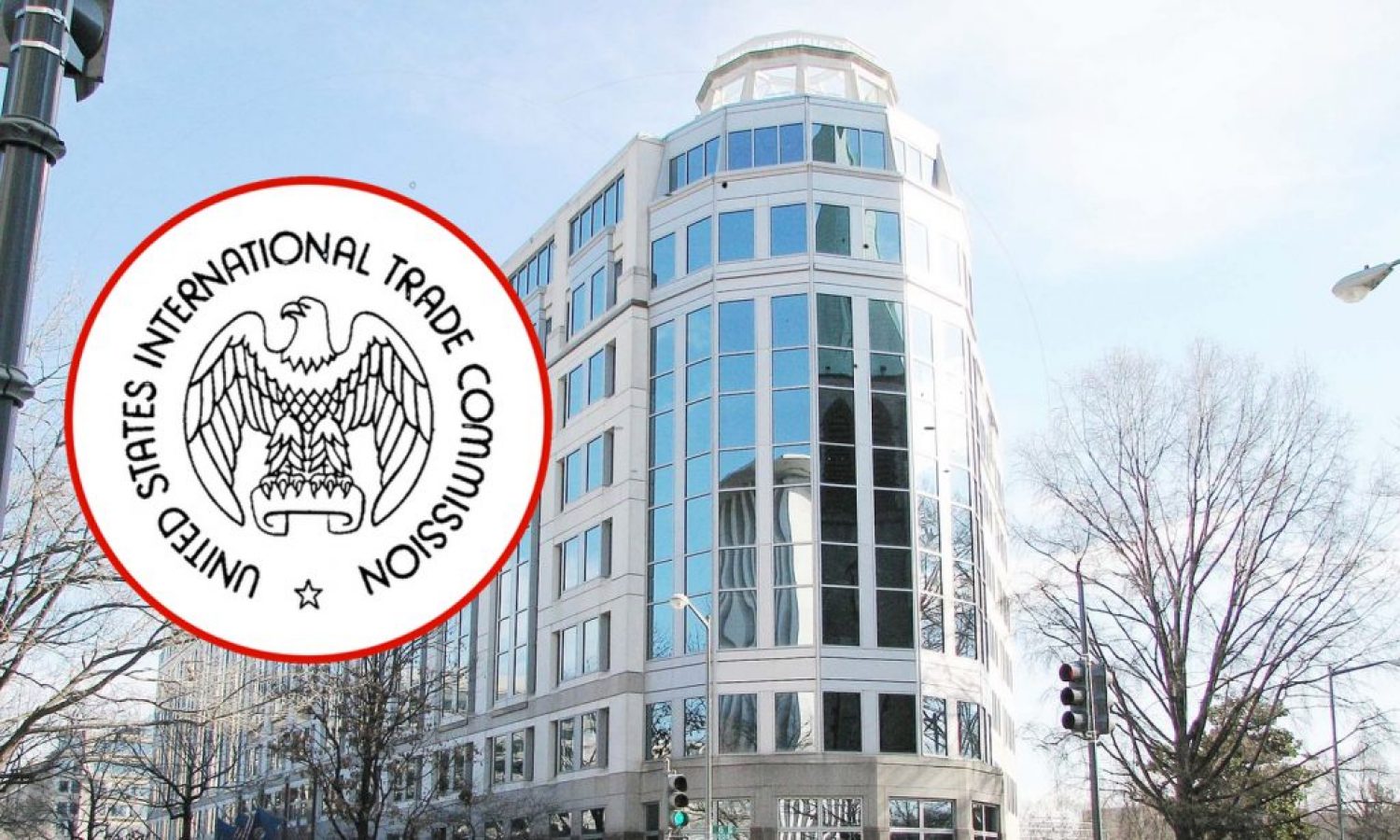i2Coalition Letter United States International Trade Commission
On Friday, March 24th, the i2Coalition sent the following letter to Lisa R. Barton, Secretary to the Commission of The United States International Trade Commission in regards to the Global Digital Trade I: Market Opportunities and Key Foreign Trade Restrictions Investigation 332-561.
Lisa R. Barton
Secretary to the Commission
The United States International Trade Commission
500 E Street SW
Washington, DC 20436
March 23, 2017
Subject: Global Digital Trade I: Market Opportunities and Key Foreign Trade Restrictions Investigation 332-561 (Investigation)
Dear Ms. Barton:
On behalf of the Internet Infrastructure Coalition (i2Coalition), I am pleased to present the I2Coalition’s responses to the Investigation referenced above. An introduction to the I2Coalition may be useful to you in understanding our position on the issues to be addressed by the International Trade Commission (ITC) as part of the Investigation. The I2Coalition was founded in 2012 by a diverse group of Internet infrastructure companies and represents the interests of mostly small to medium sized businesses who are dedicated to ensuring that the Internet remains open for business and that the global nature of the Internet remains preserved.
Our 90-plus members include web hosting companies, data centers, domain registrars, security companies, software vendors, and other infrastructure-related businesses. Our members range in size from household names such as Google and GoDaddy to small businesses such as HandyNetworks, based in Colorado, and Open Spectrum Inc., based in North Carolina.
The Internet intermediaries that make up the i2Coalition create, maintain, and grow the architecture upon which the modern web runs. Online businesses, brick-and-mortar businesses, news sites, government websites, social media sites, as well as individual and corporate users—all rely on the services provided by Internet intermediaries to access and utilize the global Internet.
Today, the United States remains the world leader in Internet infrastructure services, and, accordingly, more Internet traffic flows through infrastructure built in the United States than anywhere else in the world. Due to this leadership role, digital trade is especially critical to the U.S. economy, as well as to maintaining a positive trade balance. In the United States, there are approximately 35,000 businesses that work in the area of Internet infrastructure; globally, there are around 60,000. Most of these businesses are small or medium in size. The Internet infrastructure industry as a whole is valued at $22.4 billion—and it is growing rapidly. U.S.-based Internet infrastructure companies account for roughly six percent of the overall U.S. GDP.
U.S. internet intermediaries are essential to functional digital trade and help the U.S. maintain its status as the single most important national component of the Internet ecosystem. Sound trade policies are necessary for our industry to be able to continue to conduct business and grow a free and open Internet.
One of the most significant long-term trends within the Internet Infrastructure industry has been the move to—and the increased demand for—a distributed Internet infrastructure. While we view this as a positive development that will spur growth and innovation, we are also concerned about its implications vis-à-vis trade barriers that force infrastructure companies to locate data in a particular country or jurisdiction. As the United States International Trade Commission pointed out in the 2013 report Digital Trade in the U.S. and Global Economies, Part 1, such data localization measures can seriously restrict a company’s service area and growth potential.
Despite significant growth in the number of international users of U.S-based Internet infrastructure services, policies enacted by foreign governments threaten to slow or restrict the growth of our industry, and therefore the free and open nature of the Internet, as well as its stability and continued growth. These policies include, but are not limited to, content censorship, data localization mandates, and third-party liability penalties imposed on infrastructure companies.
The negative consequences of government censorship are well understood, but the effects of data localization and third-party liability are less so. Localization measures that mandate data be stored within certain jurisdictions limit competition and growth. Though these types of regulations are often invoked in the name of security, as the 2013 Trade Commission report cited above points out, such measures may merely be a shield for “thinly veiled protectionism.”
Additionally, some countries and multinational entities impose liability penalties on intermediaries for hosting or providing services to third parties that run afoul of copyright law. For example, as part of its copyright policy review, the European Union is currently considering regulations that would impose liability on Internet infrastructure providers for third-party content. This is deeply concerning to the i2Coalition and our members.Holding infrastructure companies responsible for the behavior of users on their platforms is unreasonable—no platform can effectively police the use of copyright-protected materials that belong to others. Laws, like those contemplated by the European Union, which attempt to impose liability on intermediaries, may be seen as trade barriers based simply on the fact that they favor local providers. It is critical to the vitality of our industry and the health of the Internet ecosystem that U.S. Internet infrastructure companies are not held accountable for actions over which they have no control or knowledge.
Thank you for the opportunity to offer our views. We look forward to working with our partners, other stakeholders, and the United States International Trade Commission on these and other important issues in the future.
If you have any questions, comments, or concerns about the contents of this briefing -or the work of the i2Coalition in general- please don’t hesitate to contact us at any time.
Sincerely,
David Snead
Policy Working Group Chair
i2Coalition
718 7th Street, NW
2nd Floor
Washington, DC 20001
(202) 780-7237
https://i2coalition.com/wp-content/uploads/2017/04/Lisa-Barton-Letter.pdf

